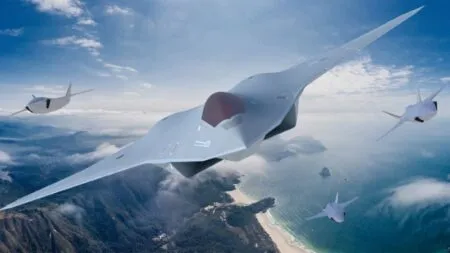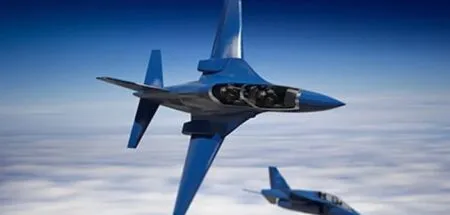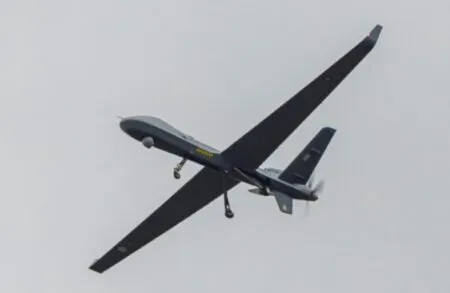Saab unveiled the Gripen E fighter at its Linköping, Sweden, facility on Wednesday, May 18, 2016.
Compared with previous versions of the aircraft, the Gripen E has a significantly improved avionics system, the capability to carry more weapons, a more powerful engine (a GE Aviation F414 turbofan) and improved range from its ability to carry more fuel. Gripen E is equipped with a highly integrated and sophisticated sensor suite, including an active electronically scanned array (AESA) radar, infra-red search and track (IRST), electronic warfare (EW) suite, and datalink technology, which are combined and provided to the pilot in real time.
Three test aircraft will be used in the Gripen E testing program. The flight test department at Linköping will receive the first aircraft this summer, which should take its first flight before the end of the year, Saab said. The first test flight aircraft will verify the general systems, airframe and aerodynamics. Two more test aircraft are already being assembled, one of which will be made in Brazil.
“Nations need modern air defenses to uphold national sovereignty. Meanwhile, the cost in relation to other investments in society needs to be reasonable. Therefore, Saab has developed design and production methods for the Gripen E to both increase capability and to reduce costs,” said Håkan Buskhe, president and CEO, Saab.
Gripen E builds on the design of earlier versions and is a modern multi-role fighter. The unveiling comes approximately three years before deliveries are scheduled to begin for 96 aircraft, beginning in 2019. Sweden and Brazil have confirmed orders for 60 and 36 fighters respectively. Industry reports suggest the Swedish Air Force will declare an initial operational capability in 2021 and full capability will be achieved two years later.
May 20, 2016




